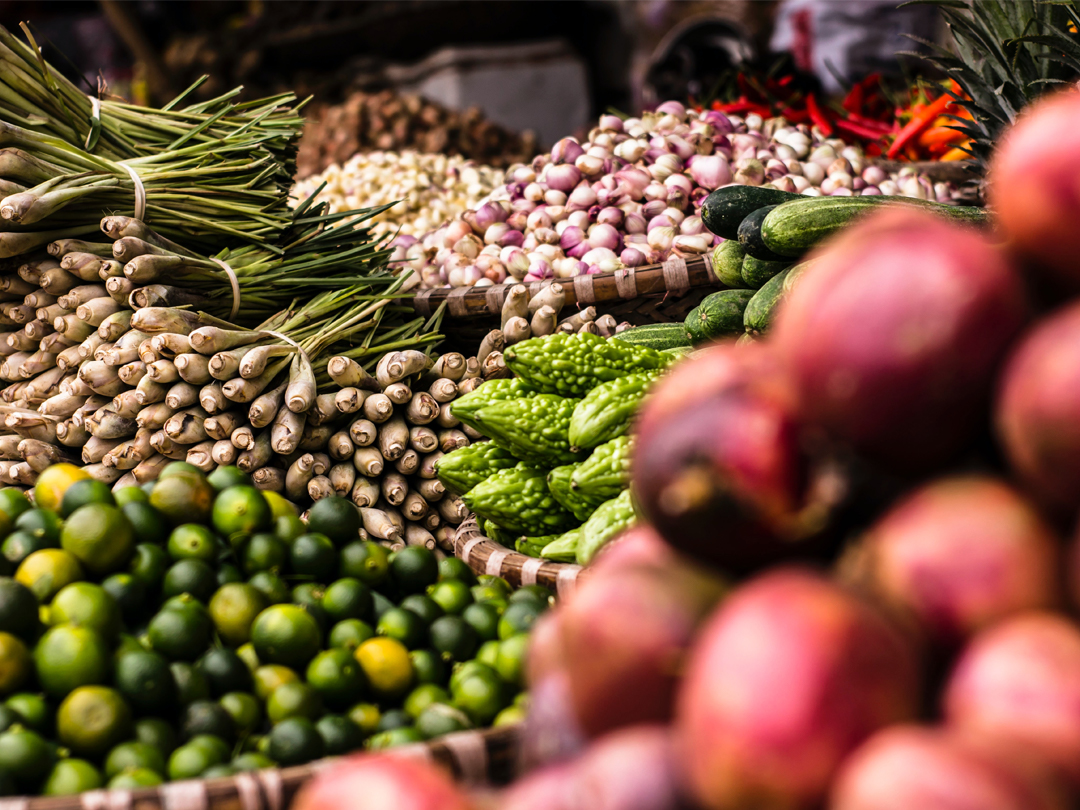
- This event has passed.
Food Access: Race, Class, and the Environment
November 10, 2020 at 6:30 pm - 8:00 pm

How do race, class and the environment influence food access and food choices? Using COVID-19 as the backdrop, this panel examines the state of food security and challenges in Gainesville: What are the barriers to food access in Gainesville? What are the political outcomes?
November 10th, 2020 at 6:30 pm (Tentative)
Meet the Moderator

Tanya L. Saunders is a sociologist interested in the ways in which the African Diaspora throughout the Americas uses the arts as a tool for social change. As a 2011-2012 Fulbright scholar to Brazil, Dr. Saunders began work on their current project about Black Queer Artivism in Brazil. This is a continuation of their research on race, gender, sexuality and arts-based social movements in Cuba. In 2016 they, and their colleagues at the State University of Santa Caterina (UDESC) and the Pontifical Catholic University in São Paulo (PUC-SP), were awarded the Abdias do Nascimento Award for Academic Development, funded by CAPES, Brazil. The grant-funded faculty, researcher and student exchanges and collaborations between the University of Florida, UDESC and PUC-SP from 2017-2019. They were also the UF LGBTQ Affairs Faculty Fellow for the 2018-2019 academic year.
Dr. Saunders holds a Ph.D. in Sociology from the University of Michigan, Ann Arbor, and a Master of International Development Policy from the Gerald R. Ford School of Public Policy. Dr. Saunders’ book on Cuban Underground Hip Hop can be found here, as well as a recently published chapter in No Tea, No Shade: New Writings in Black Queer Studies found here. For those of you who read/speak Portuguese, check out their essay Epistemologia negra sapatão como vetor de uma práxis humana libertária. Dr. Saunders is currently working on a forthcoming documentary short about Black Feminist Activism in Cuba.
Meet the Panelists

Dr. Diedre Houchen became the CSRRR Postdoctoral Associate in 2016. She has taught race and education, history of education, and teacher education courses in University of Florida’s College of Education. Her research and writing focuses on race, education and history. Her work as a youth advocate, program developer, middle and high school teacher and teacher educator deepened her understanding of the challenges facing public education.She is published in the areas of urban education, teaching, and learning. Her current work considers Black teacher activism and pedagogy during Jim Crow.

Gail Johnson spent her formative years in Gainesville and graduated from Eastside High School and the University of Florida. After founding and publishing an arts and culture magazine about Brooklyn, Gail moved back to Gainesville to raise Zora Sunshine. Gail’s grandparents moved to Gainesville over 40 years ago. Her grandfather was the President of the NAACP, and instilled a lifelong passion for education and social justice in Gail, as well as a desire to build a better community.
Gail is a small business owner with a passion for food and the local food movement, which she expresses through her catering company, delicious.delivered. As a working mother and entrepreneur, Gail understands the many challenges that working families face. As a commissioner, Gail will do more to address economic inequalities and work to create a Gainesville where everyone can enjoy the wonderful life and amenities we have here.

Carla Lewis-Miles is a community activist who is dedicated to finding solutions to address the plight of underserved communities at risk for gentrification. She left the field of nursing, realizing that our communities are under attack by predatory developers, unfair development practices and a lack of protective city policies. She works closely with local, state and national leaders to develop policies to protect citizens and promote healthy and equitable community development.

Karissa Raskin is the Civic Collaboration Specialist in the City of Gainesville’s Department of Strategic Initiatives. She works to foster collaboration between diverse local stakeholders in order to build mutually beneficial partnerships that can improve the wellbeing of our community. By crossing institutional boundaries and breaking down the silos that separate our community, Karissa strives to welcome all community members into the process of designing, developing, and implementing solutions that can solve some of the complex issues facing our communities.